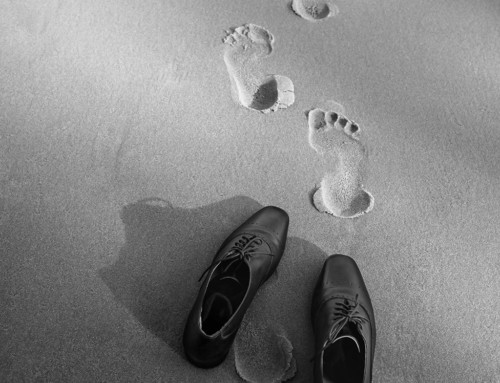We all dream about a relaxing vacation on a beach somewhere, coconut drink in hand, cell phone turned off and sitting at the bottom of a suitcase. No worries, no deadlines, no stress. Your boss cannot find you, or conversely, your staff cannot hound you. Sounds perfect, doesn’t it?
And maybe you’re part of the lucky few who live close enough to a beach or a mountain town that weekend trips are completely feasible. You lucky people probably think taking a break for two days fixes all the work-week stress, and you can face a new week with refreshed energy.
Sorry to crush your dreams, but new research suggests that you need at least eight whole days in order to truly unwind and feel re-energized on vacation. Those quick two-day jaunts may be better than nothing, but you won’t get the full effect until you’ve hit day eight and onward. We know eight days (at minimum) is a long time, but if you’re going to pay for a getaway, you might as well get the most bang for your buck.
The vacation research, published in the Journal of Happiness Studies, shows that your relaxation and positive vibes peak on day eight of your getaway, maximizing your feelings of contentment. The research suggests it takes at least eight days for a person to wind down after a stressful work period and to acclimatize to vacation time.
But why day eight? The researchers hypothesize that’s how long it takes someone on average to forget and let go of all of their work responsibilities and stress. That looming project you need to present to the board fades away as each day passes, and apparently, on day eight, you probably have forgotten all about it.
The sad news is, the study also shows that how long you’re away doesn’t have a huge effect on your happiness after the fun is over. Whether you’re gone for at least eight days or not, those happy-go-lucky effects will likely disappear after just one day of being back at work. You might still feel refreshed, of course, but your mind is quick to snap back to reality when it realizes vacation mode is over. It’s like how one F can tank a perfect grade-point average; the negative can have a much stronger effect than the positive. So don’t expect to never feel work stress again. There’s not a beach or mountaintop magical enough to turn your stress into comfort.
Still, vacations are completely necessary, so don’t let the bad news keep you from getting out of town. The researchers in the study suggest it’s a good idea to book a vacation somewhere in the range of eight to eleven days. And try to make day eight the most relaxing of all to reap the maximum benefits.
Furthermore, the researchers recommend you take multiple, evenly-spaced vacations of this length a year, as opposed to using all of your vacation time at once. The more opportunity you can give yourself to recharge the better. Kind of like taking strategic naps, taking more vacations throughout the year instead of waiting can really improve your mental health. And improved mental health has been known to boost productivity when you do come back to reality.
So pull out your vacation calendar and start circling possible weeks to get away. Remember, eight days needs to be your minimum for maximum results. Happy vacationing!







Leave A Comment